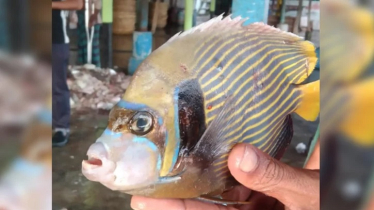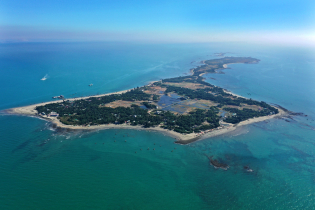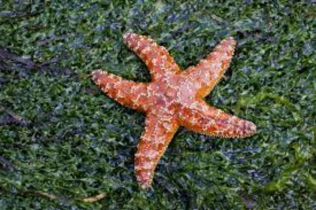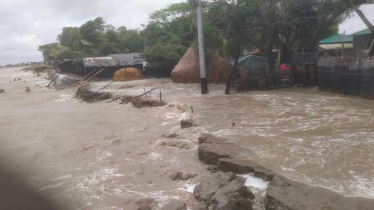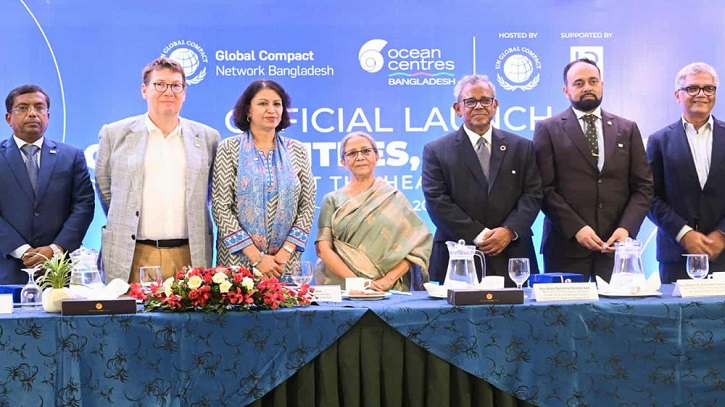
Harnessing Bangladesh’s vast marine resources could make a significant contribution to the country’s economy and nutritional security, Fisheries and Livestock Adviser Farida Akhter has said. She noted that while nearly 50 percent of the country’s required fish is sourced from inland waters such as haors, baors, canals, and rivers, only about 30 percent comes from the sea—far below the potential offered by the nation’s maritime zone.
Speaking as the chief guest at the official launch of “Ocean Centres, Bangladesh,” hosted by the United Nations Global Compact Network Bangladesh at a Dhaka hotel on August 12, Akhter called for effective initiatives to drive economic development, improve local livelihoods, and earn foreign currency through the sustainable use of marine resources. She stressed that the country’s extensive maritime territory holds large quantities of untapped wealth that, if properly utilized, could significantly strengthen and accelerate national economic growth.
Highlighting the nutritional value of marine fish, Akhter pointed out that public interest remains limited due to low awareness, restricted availability, and dietary habits. While dried marine fish enjoys considerable demand, fresh marine fish is less popular, except for the highly sought-after hilsa.
The event was chaired by Global Compact Network Bangladesh Executive Director Shahamin S. Zaman and attended by Alex Stitt, Director of the Heritage and Education Centre at Lloyd’s Register Foundation; Commodore (Retd.) Mohammad Abdur Razzaq, Country Lead of Ocean Centres Bangladesh; and senior UN Global Compact officials.
Rear Admiral (Retd.) Mohammad Khurshed Alam presented the keynote paper on the challenges and prospects of Bangladesh’s blue economy. Rear Admiral Dr. Khondkar Akhter Hossain and Bangladesh Marine Fisheries Association President Enam Chowdhury delivered presentations on technology, human resource development, and the future of the fisheries sector.
Experts participating in the discussions emphasized the need for conservation, sustainable exploitation of marine resources, and the advancement of the blue economy. They said that proper utilization and protection of marine assets would not only foster economic growth but also play a vital role in environmental conservation and long-term food security.


